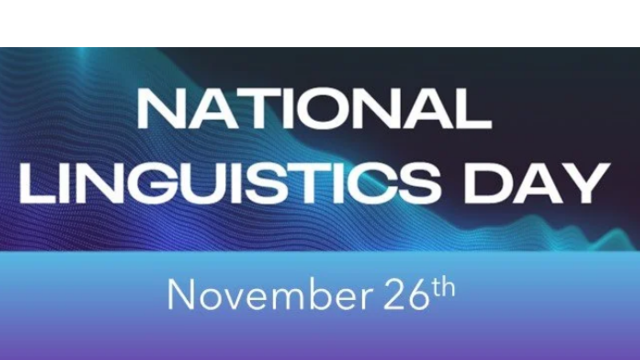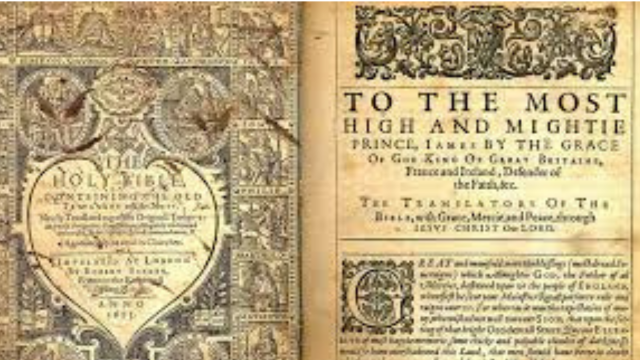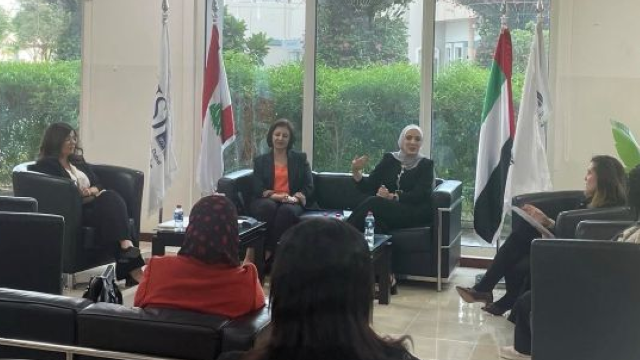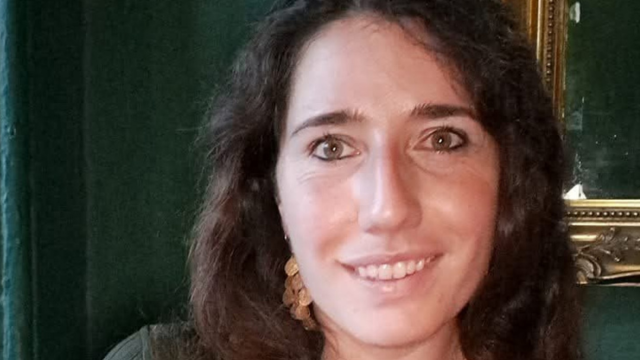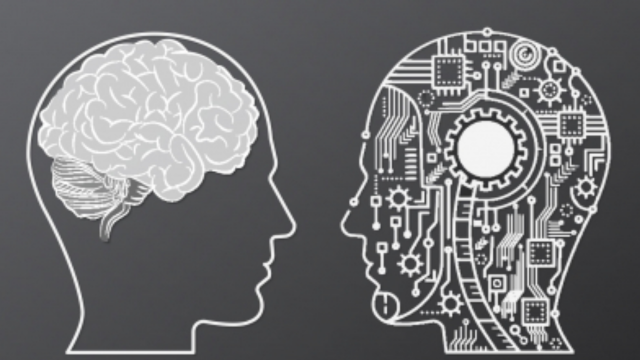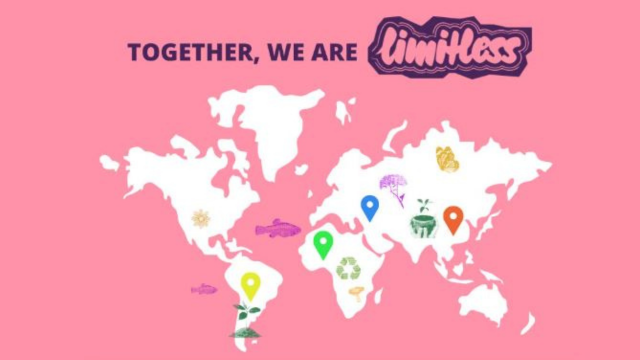-
QUALIFICATIONS
- For Linguists Worldwide
- For UK Public Services
- Preparation
- Policies & Regulation
-
MEMBERSHIP
- Join CIOL
- Professional Membership
- Affiliate Membership
- Chartered Linguist
- Already a member?
- Professional conduct
- Business & Corporate Partners
-
LANGUAGE ASSESSMENTS
- English
- All Other Languages
-
EVENTS & CPD
- Webinars & Events
- CIOL Conferences
- Networks
- CIOL Mentoring
-
NEWS & VOICES
- News & Voices
- CIOL eNews
- CIOL Awards
- The Linguist Magazine
- Jobs & Ads
-
RESOURCES
- For Translators & Interpreters
- For Universities & Students
- Standards & Norms
- CIOL & AI
- All Party Parliamentary Group
- In the UK
- UK Public Services
- Find-a-Linguist
A Life in Languages: How Latin opened so many other doors
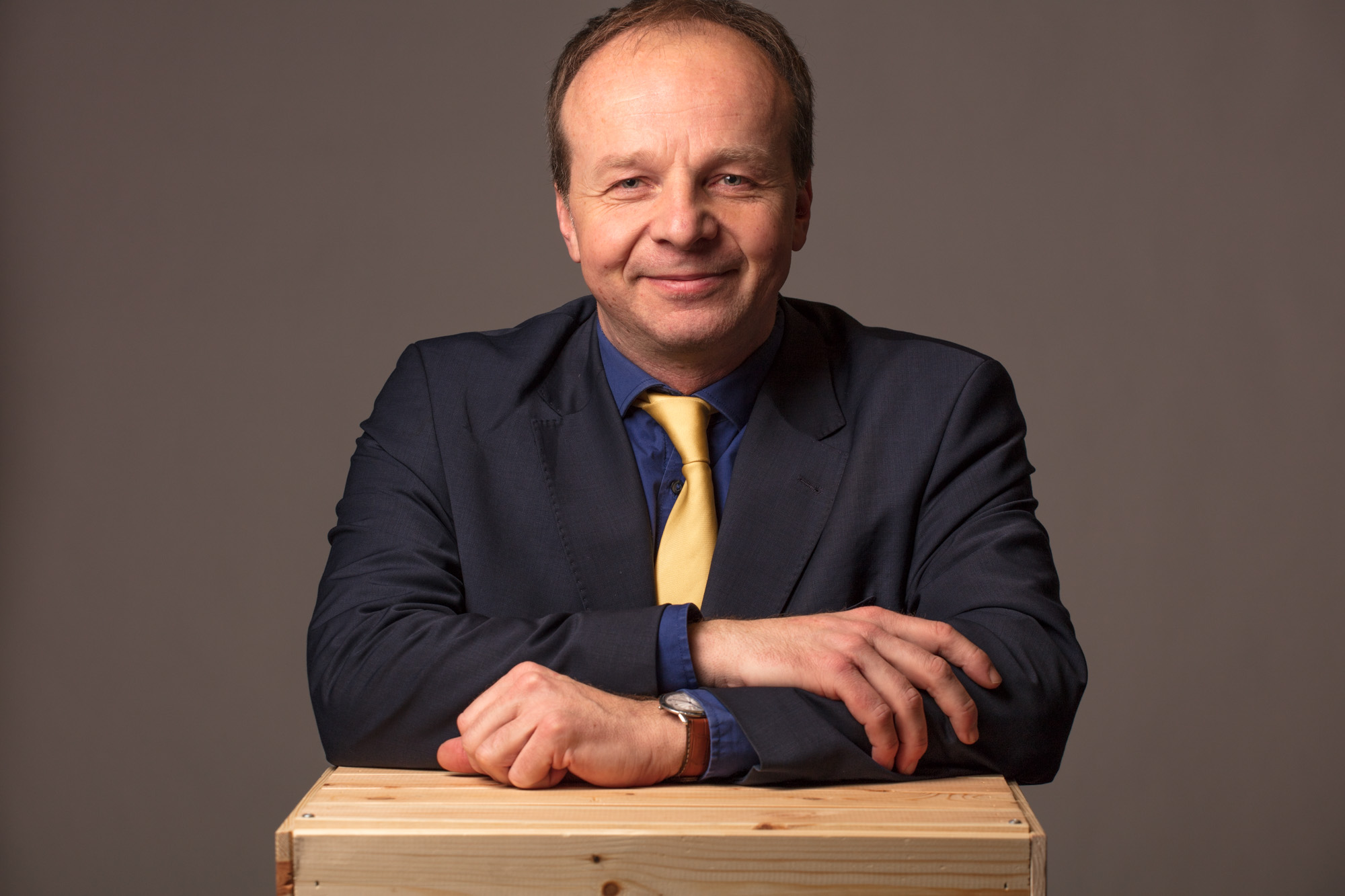
By Julian Hale
Languages have opened many cultural, professional and ‘romantic/friendship’ doors for me over the years.
Learning Latin, French, German, Italian and Spanish has enabled me to become a kind of ‘factotum’, working as a professional interpreter, including for Nigel Short, who challenged Garry Kasparov in the World Chess Championships and then as a translator, journalist, media summariser for the European Parliament’s Media Intelligence Unit, report writer (the German, Protokollführer, sounds so much more elegant to me) and video/podcast producer.
Love at first sight
Latin and French were my initial routes into the world of foreign languages, my first ‘coups de foudre’ (love at first sight/bolts of lighting) if you like. As an 8-year-old boy, I was more interested in sport than school, but it was Latin that got me interested in other subjects and lifted me from the bottom of the class rankings to the top. I will never forget the look of happiness in my mum’s eyes when she picked me up at the end of a term. Her standard question: Where did you come? I would often say 23rd or 24th but this time I proudly said “4th”.
Gaining grammar
Little did I know at the time, but Kennedy’s Latin Primer plus wonderful teachers gave me a grammatical basis for English (we didn’t learn much English grammar at school back then) and a modus operandi (way of working) for learning Romance languages and German.
Cultural openings
Culturally, thanks to languages, there are countless wonderful exhibitions, for example the Europäische Hansemuseum about the Hanseatic League and films I’ve seen like Jean de Florette, also good in helping you understand a southern French accent. And then there are the books I’ve been able to read: Candide by Voltaire, Sin Noticias de Gurb by Eduardo Mendoza, Bruxelles: Terra di frontiera tra mondo latino et tedesco by Beda Romano or Die Schachnovelle by Stefan Zweig. (NB they are all short and wonderfully written books just waiting for you but best read in their original languages to get the full experience!)
Trips and travel
Other language highlights for me include winning a Spanish prize at school and a wonderful study period in Uruguay. Having a job as a ski rep meant learning Italian at the same time, effectively ab initio. A wonderful friendship with a lifelong French friend in Grenoble has been a constant joy. And learning German (and a tiny bit of Schwäbisch) in the little town of Besigheim near Stuttgart was another delight.
The world of work
Dabbling in Portuguese (I can passively understand it), Esperanto, Swedish (my grandfather was Swedish, my dad used gramophone records to try to learn the language and I know about ten words) and the Brusseleir/Bruxellois dialect (including writing an article about it - https://www.thebulletin.be/how-brusseleir-dialect-alive-and-kicking-little-help-shakespeare) has also been great fun.
I still use my foreign language skills, both for my work and for fun activities. I have started an informal monthly Belgian Chamber of Translators and Interpreters/Institute of Translation and Interpreting ‘languages club’ and have a regular slot on a local radio programme (Radio Panik, flux detendu) on Monday evenings. A recent one was with Carine Girac-Marinier, head of Larousse’s Dictionaries and Encylopedias department, about the French language - find it here.
If I were UK Prime Minister for a day...
Nowadays, younger generations have lots of access to foreign languages literally at their fingertips (via social media, films subtitled in the original language, songs with lyrics and language apps) but, especially in the case of young Brits, they may lack motivation due to omnipresent English being a global ‘lingua franca’.
So, my two ideas for the UK Government:
Firstly, consider introducing a ‘language passport’ system, where students are recognised for language learning and activities done in another language (trips, visits, school twinning etc.) and are encouraged to keep learning languages from the start to the end of their school career. Languages aren’t just about a final qualification.
Secondly, I’d like to see UK Education Ministries set up a prize for language teachers1 who teach languages and cultures. I know from my own experience that it is teachers who open up young minds – and we need inspiring teachers as an antidote to a potentially insular and monolingual mindset.
Note:
1Teachers are like gold dust. To name just three, Professor Costello, a Hispanics teacher at Bristol University, has given me a lifelong interest in South America [his lectures were so good that the lecture hall was almost always full], Mr O’Donohue got me into French literature with his blend of wit and sharpness of mind rather ‘à la Voltaire’ and Professor Hobbs gave me my enduring interest in the French Revolution and history in general.
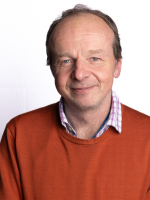
Julian Hale is a member of the Chambre Belge des Traducteurs et Interpretes/Member of the Belgian Chamber of Translators and Interpreters, the British National Union of Journalists and the Association of European Journalists.
You can find Julian on LinkedIn.
Views expressed on CIOL Voices are those of the writer and may not represent those of the wider membership or CIOL.
Filter by category
More
The Chartered Institute of Linguists (CIOL), Incorporated by Royal Charter, Registered in England and Wales Number RC 000808 and the IoL Educational Trust (IoLET), trading as CIOL Qualifications, Company limited by Guarantee, Registered in England and Wales Number 04297497 and Registered Charity Number 1090263. CIOL is a not-for-profit organisation.


